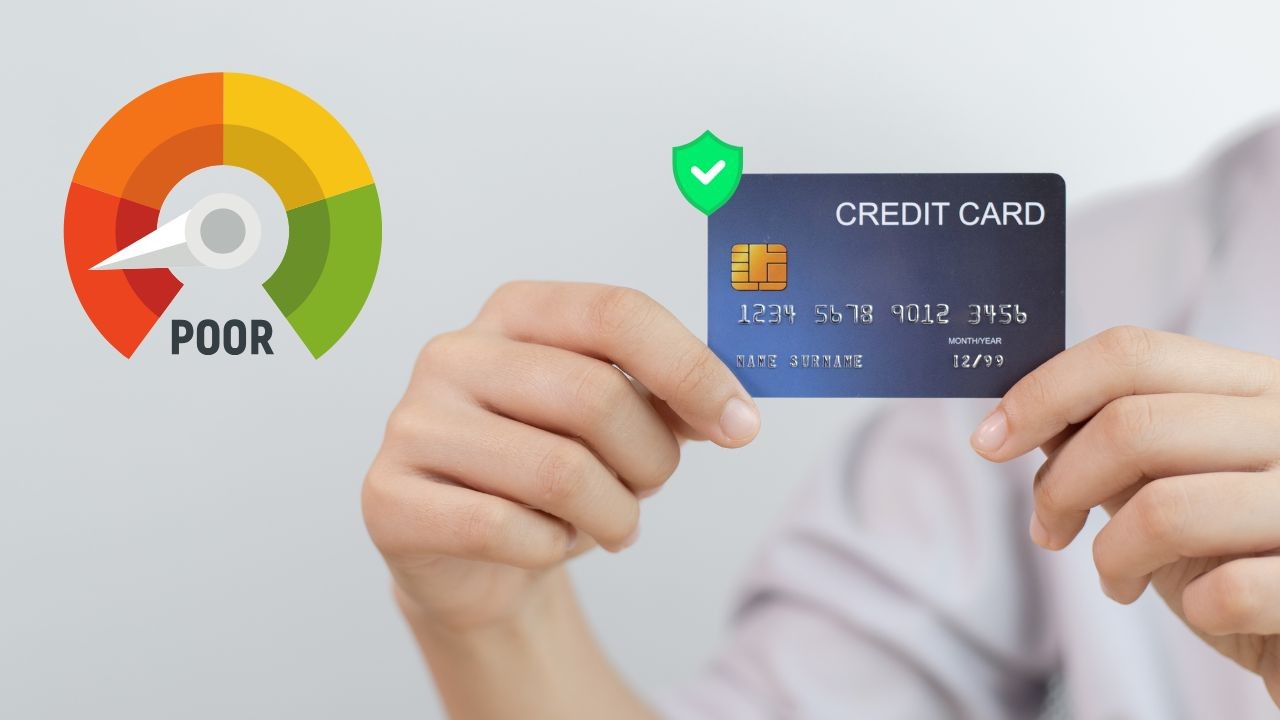
5 Credit-Building Tools and Resources for People with Bad Credit
It is not too far-fetched to say that our current economy runs on credit.
While your credit largely highlights how you deal with debt, many may use it to extrapolate the characteristics from your financial life to other situations as well.
Although good credit signifies that your financial situation is good and that your life is on the right track, a bad credit score may suggest the opposite.
Your creditworthiness is defined by your credit score and as such it functions as the key to your financial life. However, what do you do once you end up with a bad credit score?
Fortunately, your credit score is not unfixable. In fact, there are multiple ways that you can rebuild credit if you’ve been struggling with a poor credit score.
In this article, we will take a look at five helpful credit-building tools and resources that can help people with poor credit.
Let’s get started!
1) Quick Loans
Quick loans are designed for individuals with less than favourable credit scores or credit histories. These loans have higher interest rates and more restrictions to reduce the risk to lenders of you not paying them back.
If you have a poor credit score, taking out a quick loan is by no means a solution. However, if you do end up taking out a quick loan for any emergency or unexpected expense, if managed responsibly, you could use it to build credit.
While they may be a form of debt, quick loans can contribute to your payment history and credit mix and lower your overall default rate. Thus, by making consistent and timely repayments they can positively impact your credit score.
2) Credit Cards For Poor Credit

Credit cards for poor credit or credit builder cards are aimed at individuals who want to improve their credit score. If used sensibly, these cards can help put your credit history on the right track.
You may find it easier to get approved for credit builder cards compared to regular credit cards. However, they are not to be taken lightly. These cards often have high-interest rates and can quickly build up expensive debt if not paid off in full every month.
Carrying a big balance, missing payments or going over your credit limit are all actions that hurt your credit score. As such, by making your monthly payments on time and staying below your credit limit, your credit score will go up once again.
3) Debt Consolidation
Debt consolidation can help you save money as well as help you get out of debt faster. More importantly, it could also help you build your credit along the way. It has to be noted that debt consolidation could have either a positive or negative impact on your credit score, based on various factors.
To improve your credit score, you will need to repay the money you’ve borrowed from lenders. Debt consolidation is a method that helps you stay on top of your repayments. It is especially helpful if you need to make repayments to multiple lenders and find it difficult to keep track of them all.
If you keep up the practice of making timely repayments and don’t take on additional debts, debt consolidation will help you build credit over time.
4) Credit Building Apps
Credit-building apps have special built-in features that can help you build credit. Alongside this, each app has its own unique features, and some people use multiple apps to achieve maximum results.
Since these apps help you raise your credit score, they are helpful in multiple ways. For example, raising your credit before applying for a loan may help you receive lower interest rates as well as higher loan amounts.
Due to your higher score, the lender will likely feel more confident in approving your application and giving you your needed funds.
5) Credit Counselling

Credit counselling is often overlooked or dismissed. However, if utilised well, it is an effective resource to help build credit. In this case, a counsellor works with you to analyse your credit report, design a budget and provide you with financial education.
As a result, credit counselling will help you better understand how credit scores work as well as how you can improve yours. Moreover, your counsellor can also provide you with a personalised plan to help you manage and pay off your debts. Thus, gradually improving your credit score.
If you’re unsure about credit counselling, consider setting up a consultation to get their perspective on your finances. While debt management plans may come with a fee, many of these counsellors still provide a bit of guidance for free.
To Wrap Up
There are many benefits to having good credit. From having access to better credit cards to receiving lower interest rates on loans and so much more.
For this exact reason, it’s crucial to know how different credit habits may affect your score. If you do inevitably end up with an unfavourable credit score, there are still plenty of ways to build credit and improve it.
Now that you are aware of the various resources available, you can make the best of them and work towards a healthier financial future.




